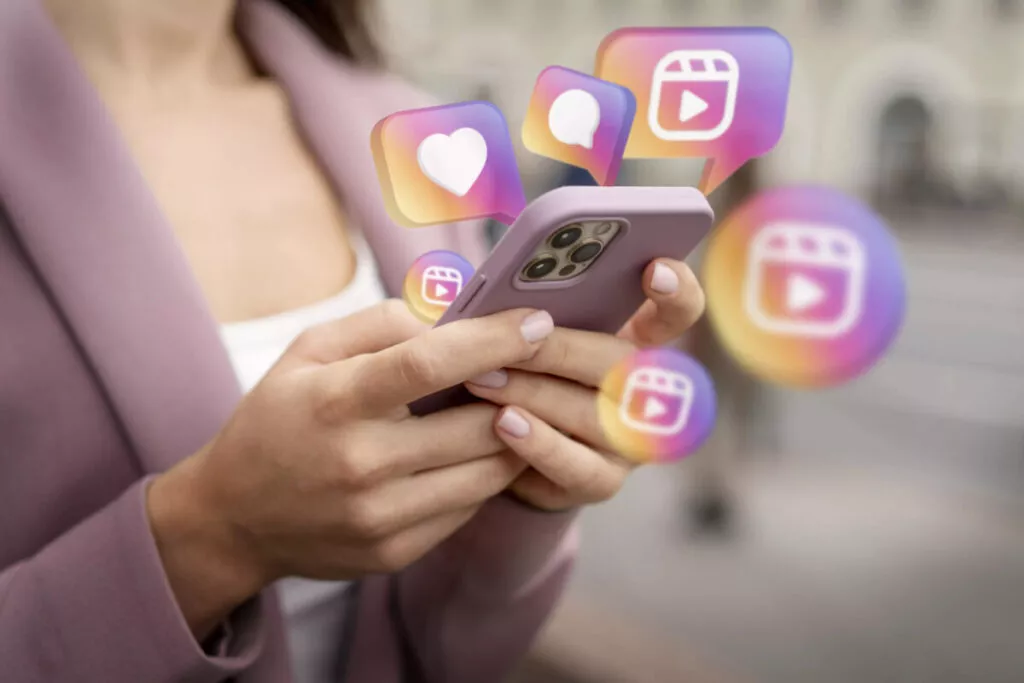
Technology is transforming the way we live, work, and connect with the world. And at the center of this revolution are artificial intelligence (AI) applications.
From virtual assistants that help organize our routines to tools that learn from our habits to offer personalized solutions, AI is increasingly integrated into our daily lives.
But how are these applications shaping the future of personal automation? And why is this so relevant to you? We'll explore these questions and more throughout this article.
Artificial intelligence applications are tools based on technologies that simulate human intelligence. They are designed to analyze data, learn from it, and make decisions or perform tasks autonomously.
Think, for example, of voice assistants like Alexa, Google Assistant, and Siri. These apps don't just follow commands; they also learn your preferences and anticipate your needs.
But why are these apps so important? The answer lies in the direct impact they have on our productivity and quality of life.
With the ability to automate repetitive tasks, organize information, and provide valuable insights, they free up time so we can focus on what really matters.
Furthermore, the growing use of AI is democratizing the technology, making it accessible not only to large companies but also to individuals.
One of the biggest benefits of AI applications is time and productivity optimization. Tools like Notion, Evernote, and Todoist are incorporating AI capabilities to help users organize tasks, prioritize activities, and remember important appointments.
For example, an AI application could analyze your schedule and suggest the best meeting times, considering your workload and commute time.
Additionally, they can identify patterns in your work habits and offer recommendations for increasing efficiency. Imagine receiving a reminder to take regular breaks or tips to optimize your focus based on your past performance. These small adjustments can make a big difference in productivity.
Another example is the use of AI in language learning apps like Duolingo and Babbel. These apps adjust lessons based on your progress and difficulty, creating a personalized and more effective learning experience.
AI applications are also changing the way we manage our physical and mental health. Tools like Fitbit, MyFitnessPal, and Headspace use intelligent algorithms to monitor habits, suggest improvements, and encourage a healthier lifestyle.
For example, wearable devices connected to AI apps can track your sleep patterns, stress levels, and physical activity, offering personalized recommendations to improve your health.
Additionally, meditation and mindfulness apps use AI to create experiences tailored to your emotions and preferences, helping to reduce stress and increase focus.
Another growing sector is mental health. Apps like Wysa and Woebot use AI to offer emotional support and cognitive behavioral therapy techniques. These apps don't replace a human therapist, but they can be a valuable tool for those seeking immediate or supplemental support.
While AI applications bring many benefits, they also raise privacy and security concerns. After all, these tools rely on personal data to function effectively. This includes information about your habits, preferences, and even health data.
How can you ensure this data is protected? Many app developers are investing in data encryption and other security measures to protect user information.
Additionally, it's essential that consumers are aware of privacy policies and choose tools from trusted sources.
Transparency is also critical. Apps that clearly explain how data will be used are more likely to gain users' trust. Therefore, before downloading an app, read reviews, research the developer, and check the requested permissions.
The evolution of artificial intelligence applications is just beginning. In the future, we can expect even more integrated and personalized solutions.
With advances in machine learning and natural language processing, applications will be able to understand more complex contexts and interact in a more human-like way.
For example, imagine a virtual assistant that not only schedules your tasks but also analyzes your routine to suggest changes that improve your well-being.
Or a health app that monitors your vital signs in real time and sends preventative alerts to you or your doctor.
AI also promises significant advances in accessibility. Tools that translate sign language in real time or assist people with motor disabilities are already being developed. This demonstrates how technology can be an inclusive and transformative force.
Artificial intelligence applications are reshaping the way we manage our lives, offering solutions ranging from productivity to well-being. Despite challenges related to privacy and security, the benefits are undeniable and promise a more connected, efficient, and accessible future.
Now it's your turn: how have you been using AI applications in your daily life? Share your experiences in the comments and help inspire others to explore the potential of this technology.